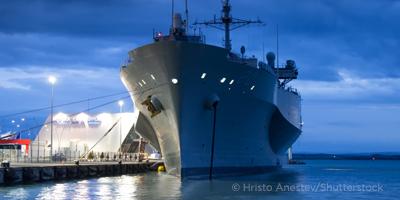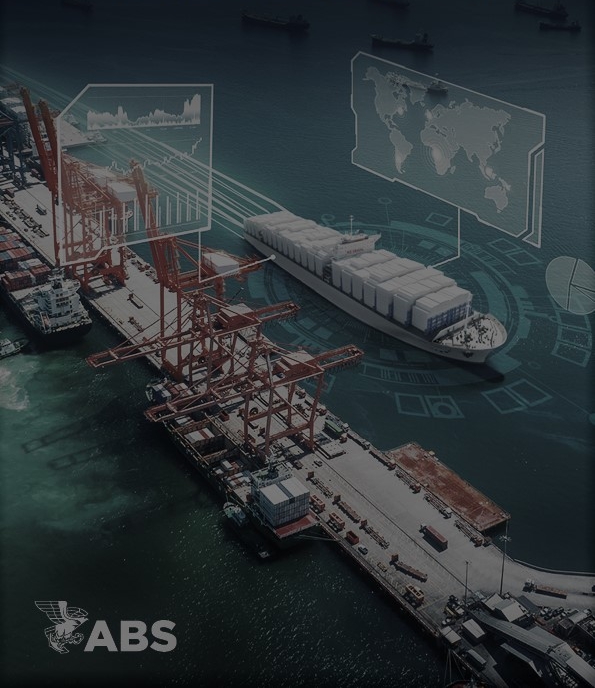Recognized Leader In Offshore Exploration
Class societies are integral to the verification process for offshore assets. ABS acceptance criteria can be applied throughout the life cycle of mobile offshore units (MOUs) and specialized support vessels.
Just as operators keep pace with changing demands, ABS guidelines for certifying drilling systems adapt to keep pace with industry practices, market needs, scientific advancements and safety innovations. ABS-classed systems perform in operating conditions ranging from frigid, sub-Arctic temperatures to saline environments with highly corrosive water chemistries.
ABS engineers and surveyors are known for the practical experience and technical knowledge they bring to deepwater and ultra deepwater projects. Our solutions-oriented team continues to expand research to address complicated frontier and harsh-environment challenges.
The scope of offshore research ranges from probabilistic analyses of design safety, viability and practicality to approving risk-based inspection programs to maintain and prolong the life of offshore assets.


































